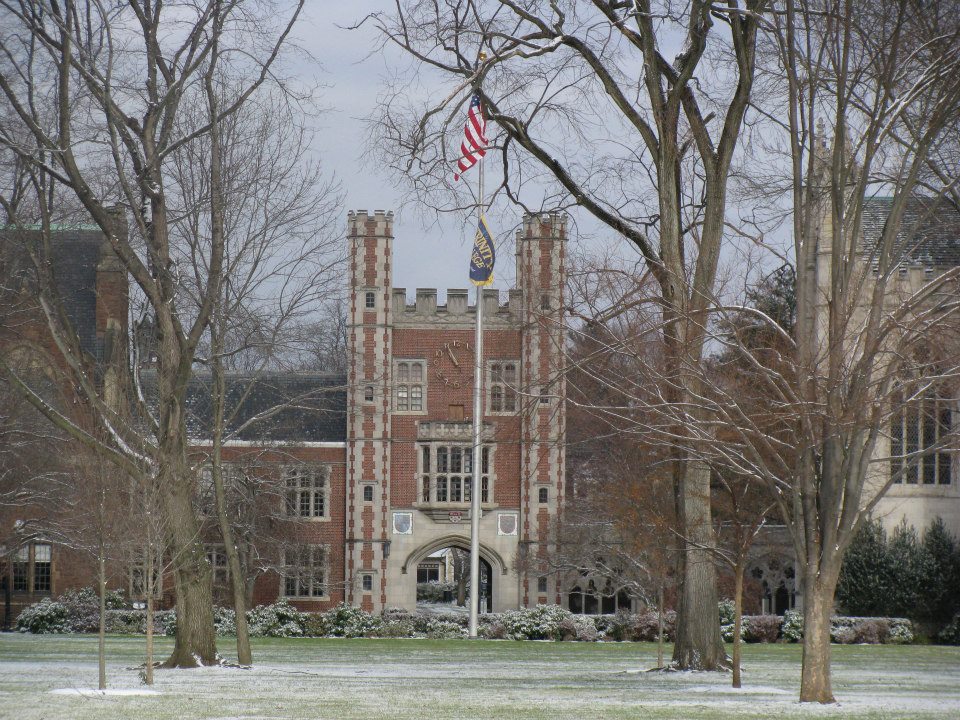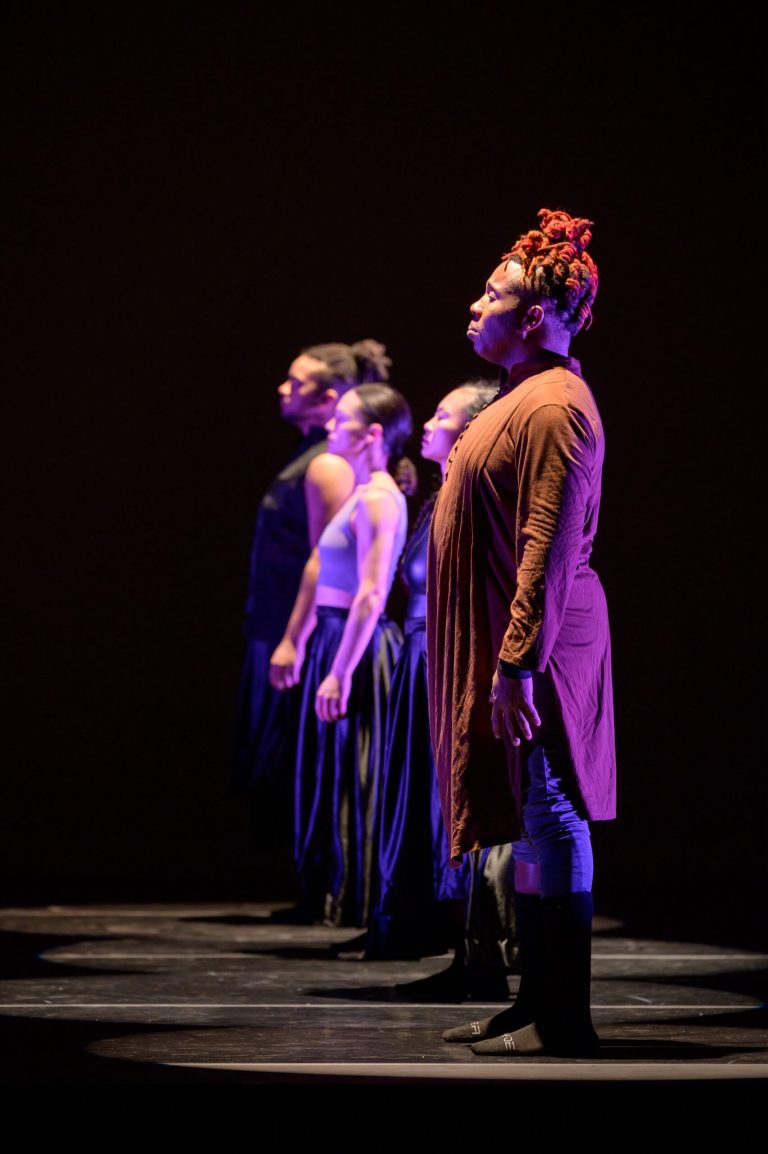Kip Lynch ’22
News Editor
Unlike many colleges and universities in the surrounding area, Trinity College will begin in-person classes on Mar. 1. 13-week classes will begin remotely on Feb. 8 while 10-week classes will begin on Mar. 1, regardless of format. All classes are scheduled to end on May 7 while final exams will end on May 17.
The College seemingly stands alone in its decision among local institutions to hold in-person classes starting in March during the pandemic. According to an article in the Hartford Business Journal, the University of Connecticut will begin holding spring semester classes on Jan. 19, which is when the University typically begins holding classes. However, residential students will still be required to present a negative COVID-19 test upon arrival. The University of Connecticut still intends to hold a spring break, which is scheduled to begin later than usual on Apr. 11. Schools under the Connecticut State Colleges and Universities umbrella will not significantly adjust their academic schedules, with spring semester classes scheduled to begin on Jan. 26 and end on May 9. According to its academic calendar, the University of Hartford will begin opening residence halls on Jan. 22 and hold classes on Feb. 1.
Trinity has yet to announce detailed move-in plans for students planning to reside on-campus. In an email sent to the student body, Director of Housing Operations Susan Salisbury stated that “Residential buildings will tentatively re-open on Thursday, February 18th” while “Students can TENTATIVELY [sic] return between Thursday, February 18th and Sunday, February 21st.” Although she described the spring 2021 onboarding process included students arriving in more than three stages over a period of two weeks rather than three days.
The Trinity Tripod spoke to Associate Vice President for External Affairs and Chief of Staff to the President Jason Rojas. With regard to the College’s decision to start the spring term with 13-week courses online in contrast to the fall semester where 10-week and 13-week classes began at the same time, he stated that “We did not shift plans. Our goal was to minimize in-person activities, to the furthest extent possible, during the peak of flu season.” With around 100 students staying on-campus until in-person classes resume, Rojas later noted how “We are using Crescent, Summit suites, and Jones on campus. We might also use an apartment building off campus” in order to provide students with kitchens.
Given the number of students who may need to remain on campus past the end final exams on May 17, Rojas noted that “We are working to accommodate the needs of our students. Those who will complete their semesters in May will depart from the campus and we are planning accommodations for those who will be taking summer courses in-person.” On whether a shorter semester would result in a reduction in the room and board fee, “We do not anticipate adjusting our room and board fees. In developing the budget for the current fiscal year, we lowered the fee for the meal plan. We expect the amount of time spent on campus will be similar to the time spent on campus during the fall.”
The Tripod also sought clarification on whether the College would change any of its policies based on its experience managing the coronavirus during the fall semester. Rojas described how its policies would remain in place, such as the “one student, one room” policy, Greek Life restrictions, and testing regimen. The Doonesbury residential community will remain the College’s primary isolation facility. Regarding spring semester athletics, Rojas told the Tripod that “NESCAC has not made a decision regarding spring sports” but that, following an earlier ruling, there will be no winter sports.
In an email to the student body sent on Monday, Nov. 16, Dean of Student Life Jody Goodman reiterated the consequences of not following the College’s COVID policies, stating “gatherings of any sort this week that do not meet college guidelines…may result in students not being permitted to return to campus (in-person learning) next semester.”
Rojas told the Tripod Monday evening that there “are about 100 students staying from Nov 21-until in-person classes are expected to begin around March 1.” Rojas also acknowledged that a small number of students would remain on campus for a limited period, from Nov. 21 to Dec. 20, as they finish coursework and arrange to return home.
Students remaining on campus will be asked to move to three dormitories: Crescent, the Summit Suites, and Jones. Rojas indicated that this move comes because the administration feels “it’s best for the students and for our operations to have students who are remaining on campus to be in a limited number of residence halls.” Rojas also acknowledged that the College may use an apartment building off-campus as they are “trying to give students kitchens to use and these locations will work well for this purpose.” The proposal has drawn ire, as the administration’s allocation of funds for food stipends came under criticism at a recent Student Government Association (SGA) meeting Sunday evening.
Rojas noted that students in Jones “have been asked to store belongings in the building so we can use rooms from Nov. 22-Feb. 12/13.” It was not immediately clear if the College had asked students in Summit or Crescent to store their belongings.








+ There are no comments
Add yours